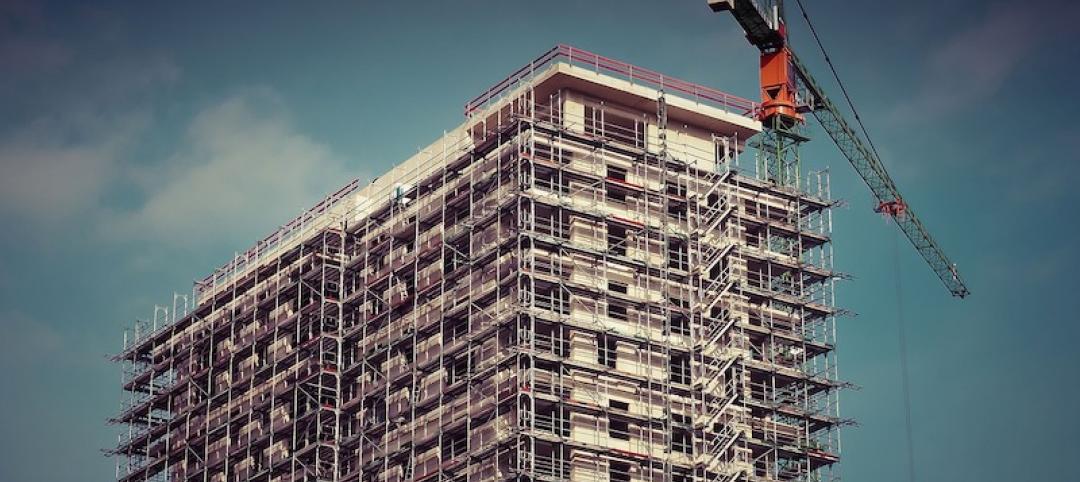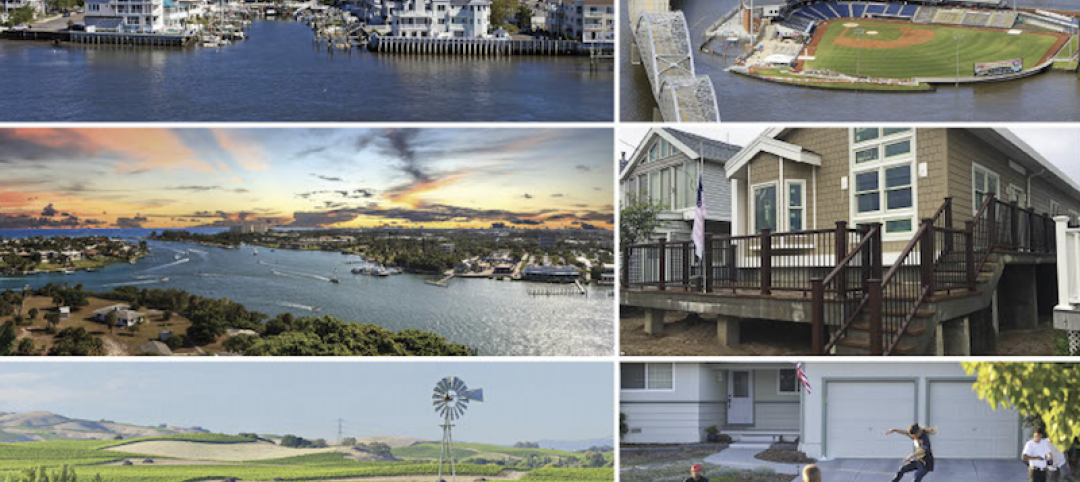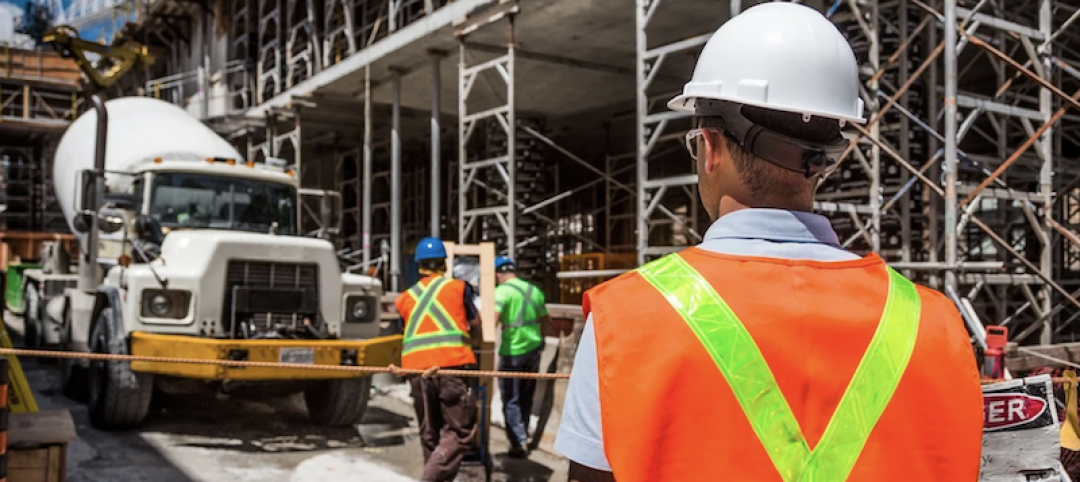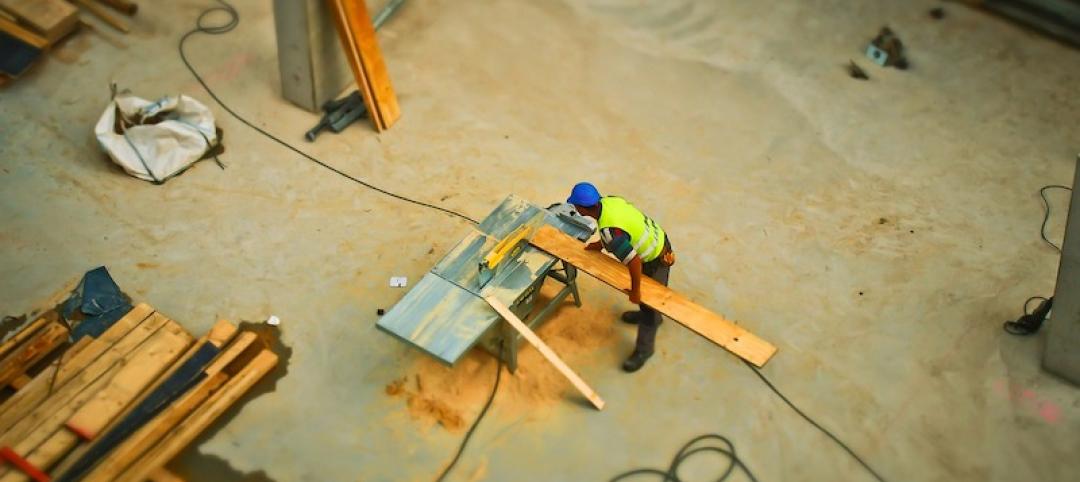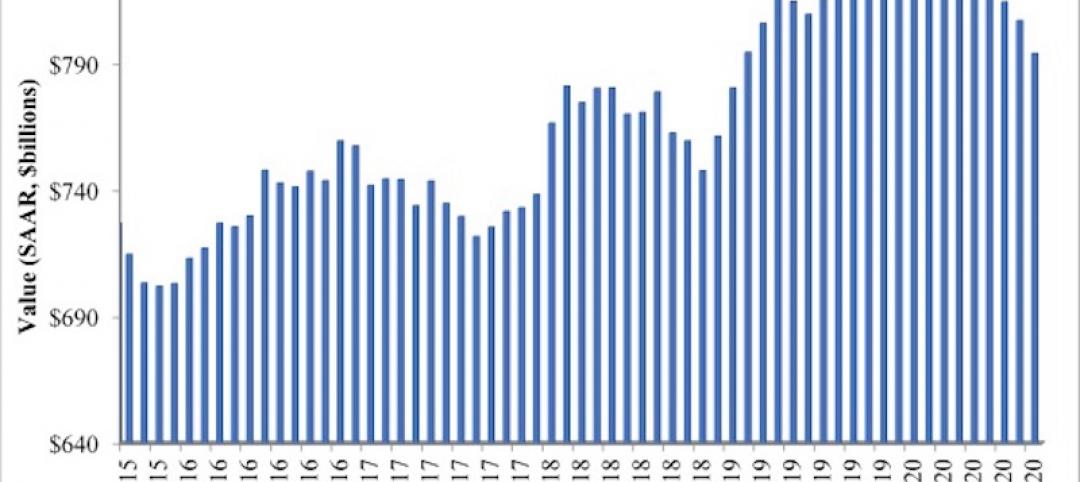Based on data from over *11,000 tracked large-scale country wide construction projects, GlobalData, a leading data and analytics company, finds that 10 major US states account for nearly 60% of the total US construction project pipeline value (US$3.7 trillion).
GlobalData’s latest report: ‘Project Insight - Construction in Key US States’ reveals that, California, Texas and New York are among the states with the highest value of construction projects in the pipeline. With a total of 1,302 projects worth US$524.6bn, California, for example, has both the largest number and value of projects in the US construction project pipeline, with infrastructure projects and mixed-use developments, representing a combined 56% of California’s total pipeline value.
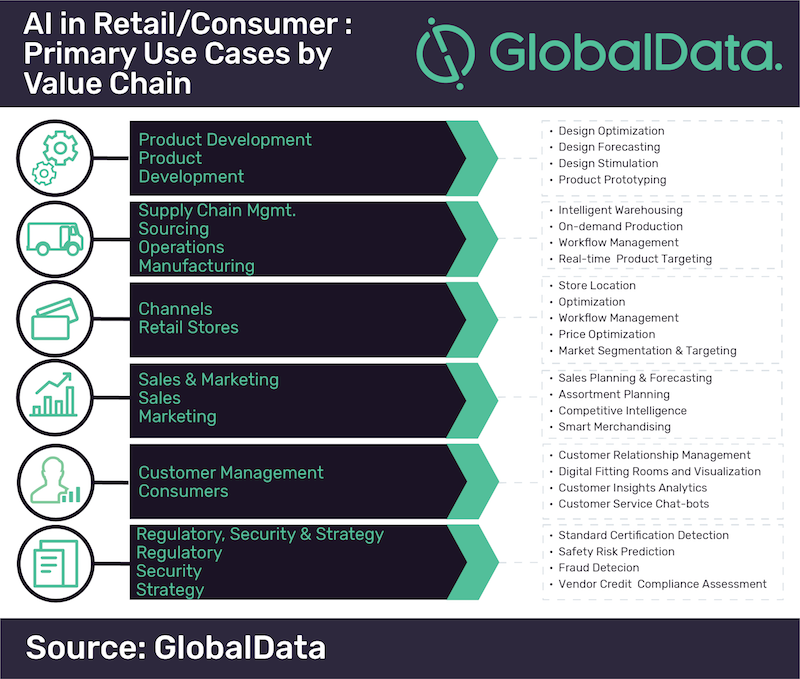
Dariana Tani, Economist at GlobalData explains: “The construction of mixed-use developments is booming across many US states, with the building of American city centers and suburbs coming to resemble one another due to changing demands from consumers and homebuyers. This is particularly the case for states such as Florida, California and New York. In Florida, the construction of mixed-use properties is growing faster than any other US state, with five of the top 10 largest construction projects in Florida being mixed-use construction projects, according to GlobalData.”
The desire to live, work, shop and play within walkable distances is not only unique to millennials and baby boomers, but also older generations who want to live in well-connected urban communities.
Tani adds: “The tech industry is also creating new demand to build more residential and commercial buildings, as well as transport infrastructure to accommodate the influx of workers. Big tech companies such as Google, Apple, Facebook, Microsoft and Amazon are encouraging significant investment. Among the most notable projects in the pipeline are Facebook’s US$850m Willow Campus Mixed-Use Development in San Francisco, Google’s US$800m Residential Development in Mountain View and Microsoft’s US$1bn Redmond Headquarters Redevelopment.”
*These projects are at all stages of development from announcement to execution.
Related Stories
Market Data | Dec 2, 2020
Nonresidential construction spending remains flat in October
Residential construction expands as many commercial projects languish.
Market Data | Nov 30, 2020
New FEMA study projects implementing I-Codes could save $600 billion by 2060
International Code Council and FLASH celebrate the most comprehensive study conducted around hazard-resilient building codes to-date.
Market Data | Nov 23, 2020
Construction employment is down in three-fourths of states since February
This news comes even after 36 states added construction jobs in October.
Market Data | Nov 18, 2020
Architecture billings remained stalled in October
The pace of decline during October remained at about the same level as in September.
Market Data | Nov 17, 2020
Architects face data, culture gaps in fighting climate change
New study outlines how building product manufacturers can best support architects in climate action.
Market Data | Nov 10, 2020
Construction association ready to work with president-elect Biden to prepare significant new infrastructure and recovery measures
Incoming president and congress should focus on enacting measures to rebuild infrastructure and revive the economy.
Market Data | Nov 9, 2020
Construction sector adds 84,000 workers in October
A growing number of project cancellations risks undermining future industry job gains.
Market Data | Nov 4, 2020
Drop in nonresidential construction offsets most residential spending gains as growing number of contractors report cancelled projects
Association officials warn that demand for nonresidential construction will slide further without new federal relief measures.
Market Data | Nov 2, 2020
Nonresidential construction spending declines further in September
Among the sixteen nonresidential subcategories, thirteen were down on a monthly basis.
Market Data | Nov 2, 2020
A white paper assesses seniors’ access to livable communities
The Joint Center for Housing Studies and AARP’s Public Policy Institute connect livability with income, race, and housing costs.



